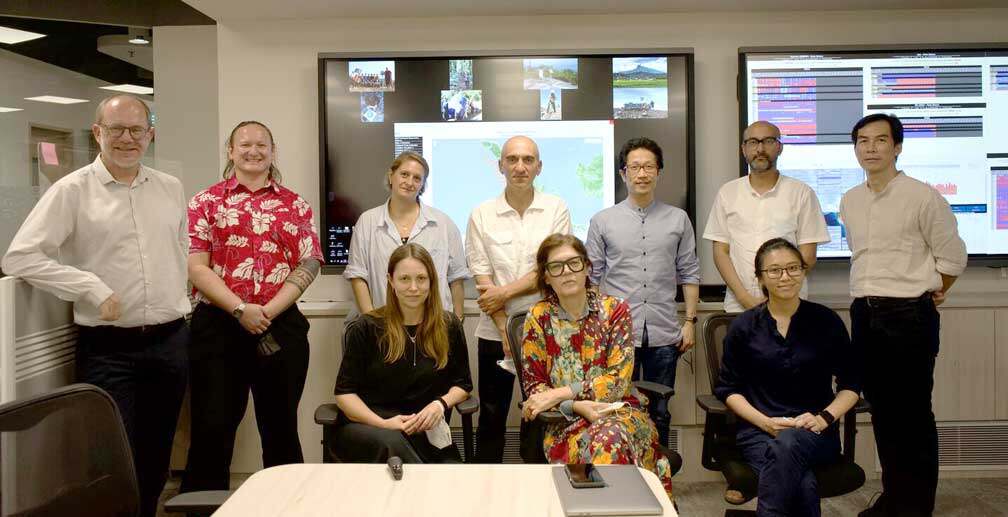A team of international researchers, led by Nanyang Technological University, Singapore (NTU Singapore), has announced the initial findings of a project to help curb the loss of cultures by measuring the impact that climate change has on communities worldwide.


Supported by the Singapore Ministry of Education (MOE) Award Academic Research Fund, the NTU-led project, titled Climate Crisis and Cultural Loss, or 3CL, and which covers countries in Southeast Asia, features collaborators from the Norwegian University of Science and Technology, Arizona State University, Italy’s ISIA Urbino, and the University of French Polynesia.
Supported by the Singapore Ministry of Education (MOE) Award Academic Research Fund, 3CL’s initial findings, which also covers countries in Southeast Asia, were published recently in the scientific peer-reviewed Comparative Law Journal of the Pacific in March.
One finding from the joint project that the team highlights is the practice of recognising and including indigenous customs in a country’s law, such as those of the Māori people of New Zealand.
Elsewhere in the Pacific, other fading local cultural practices, such as the rāhui in French Polynesia, which is a traditional conservation practice that involves banning access to a space, or prohibiting the taking of a natural resource, in order to promote regeneration for the benefit of an entire community, are being integrated into contemporary legal frameworks in response to challenges brought on by the climate crisis.
The study also aims to discuss how to safeguard communities worldwide against cultural loss from climate change, applying an approach that combines scientific, humanities, and legal studies with exhibition-making, data visualisation, film, and photography.



































